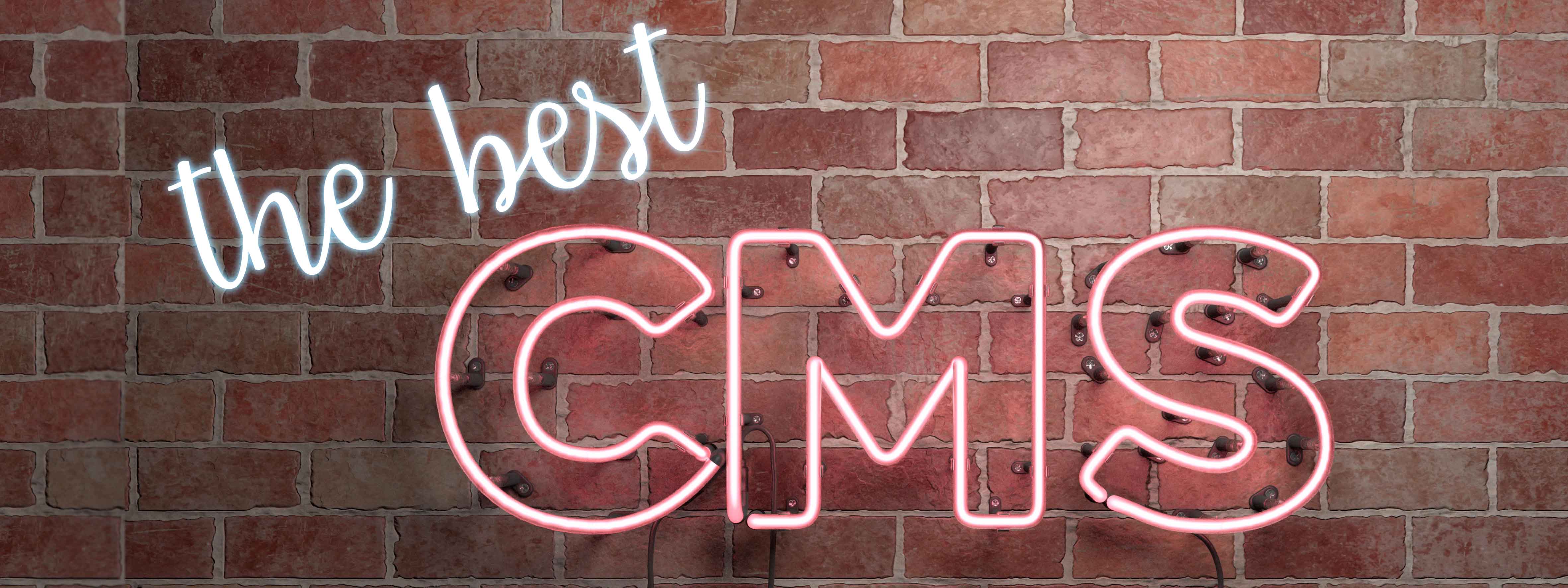
One of the first things you’ll need to consider when creating a website is what content management system (CMS) is the best fit for your site. Whether you’re developing a simple brochure site, or something a little more complex, we’ve compared three of our favourite CMS’s to help aid your decision making process.
WordPress
We would recommend WordPress for any standard brochure websites. WordPress is so widely supported with a large open-source community, and because of its familiar layout, many people are used to using it day-to-day. Likewise, development of WordPress sites are so well documented, meaning almost anything is possible with thousands of plugins available for almost any task, such as ecommerce or SEO optimisation.
No prior technical experience is needed as it’s easy to navigate and to get to know how it works. If you’re taking the development out of house, the management can be taken over with a small amount of training once it’s been built. This gives you the flexibility and confidence to upload content without having to worry that you need to go through a developer every time.
Laravel
Laravel is an up and coming framework that is popular with many developers. It’s perfect for both simple and complex sites thanks to its logical coding methods, and can be customised to your preference making it a breeze to work on behind the scenes.
It has the ability to store media within named folders, just like on your desktop, saving you time and effort in the future when you need to re-find the media. It also has the functionality to have dynamic graphs on your dashboard, displaying live data that you may find useful or need to know. Laravel also uses a revolutionary way of communicating with the database, which makes SQL data injections impossible, making it the most secure framework. It has many checks to see if the page request is, in fact, genuine and not malicious.
Drupal
For a more complex site that has a higher level of customisation, we’d advise choosing the popular framework of Drupal to structure your site from the ground-up, making the admin area much more user-friendly. It does, however, require more technical knowledge than the other two CMS, but with a little patience and some expert training, it’s easy to get the hang of.
With Drupal, you’re able to encompass a large amount of functionality into your site such as advanced management of menus and users. If you’re an admin, you can create new users and give them permissions to manage certain parts of your website, delegating out tasks to the right members of your team.
